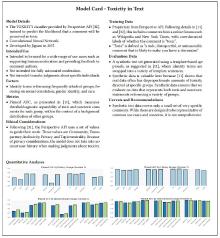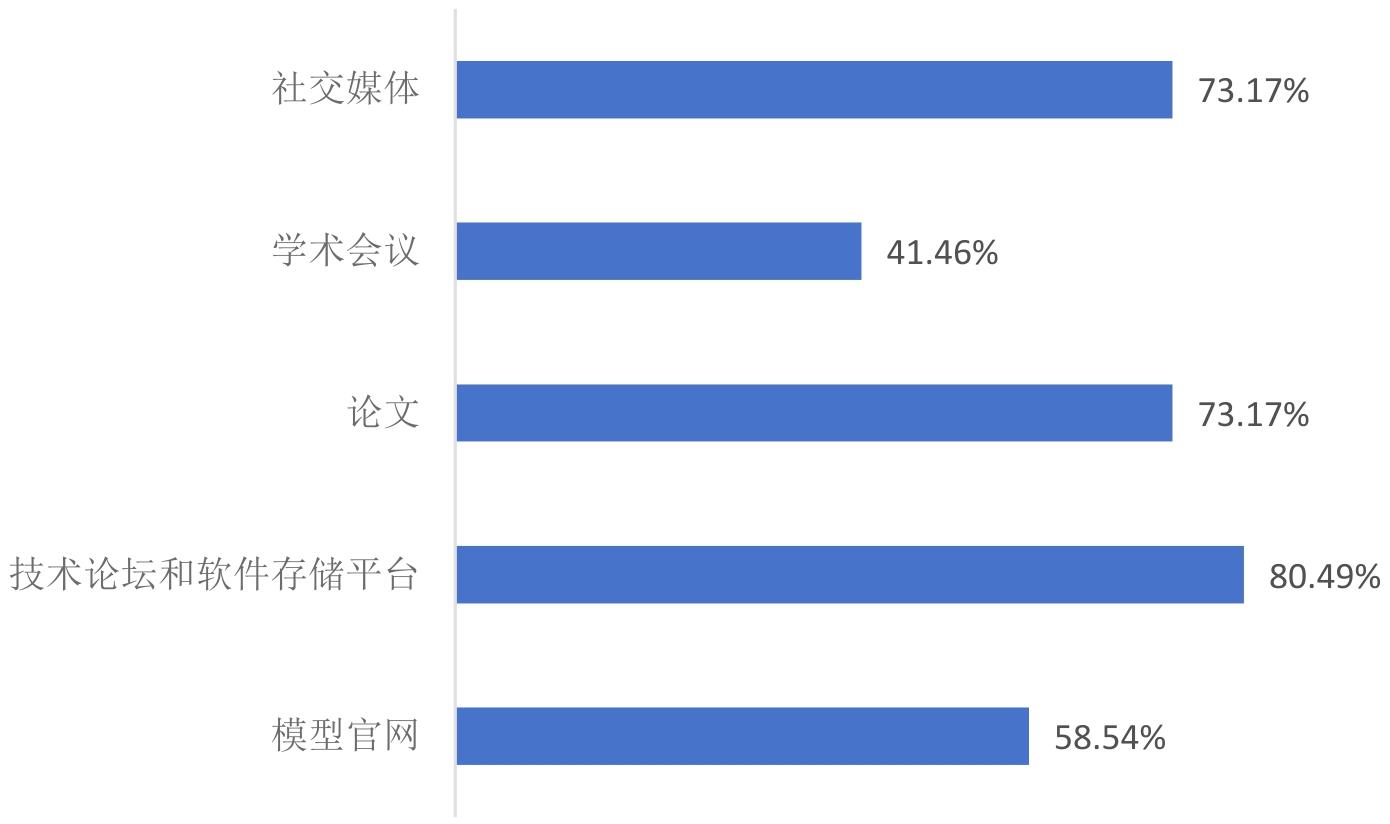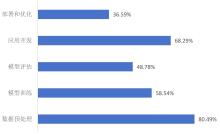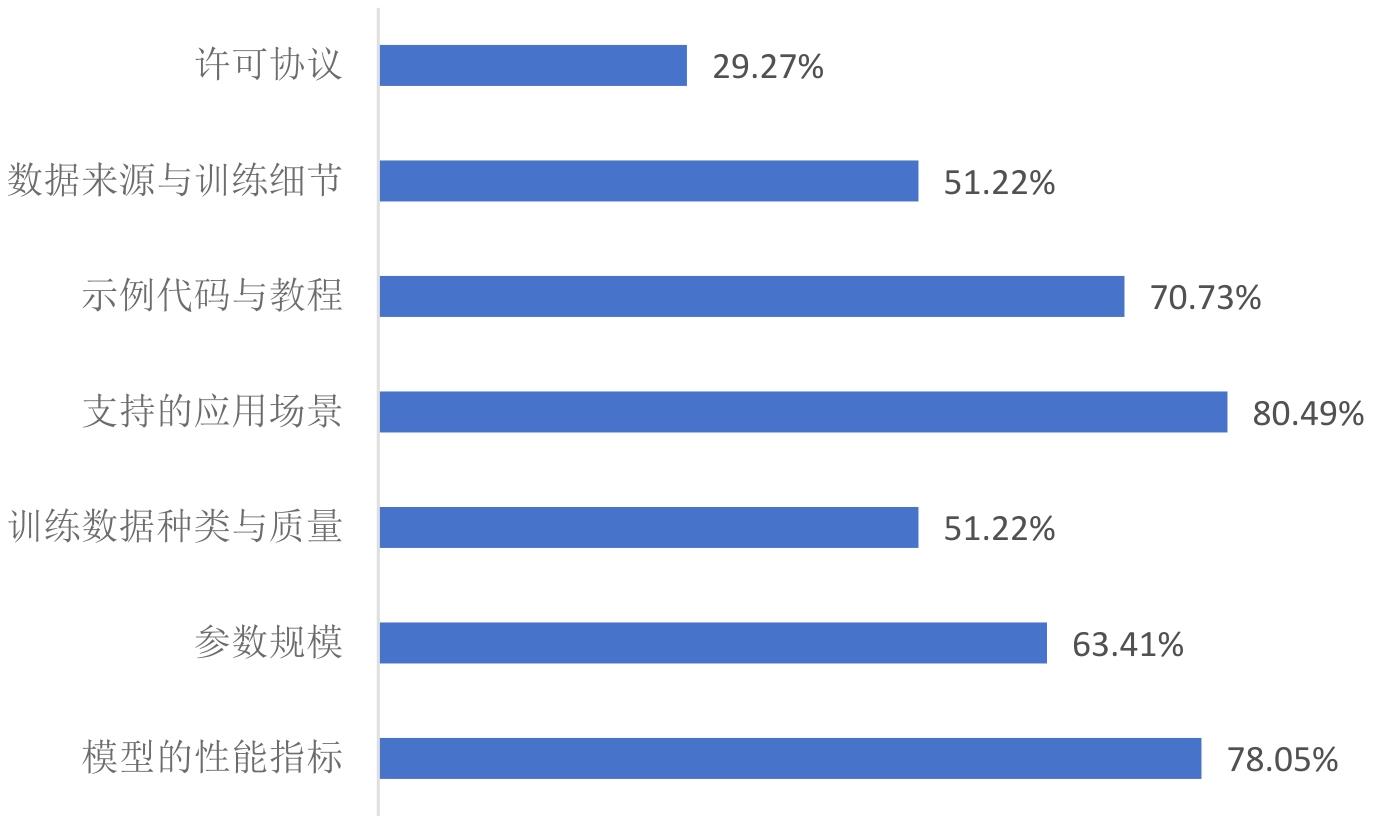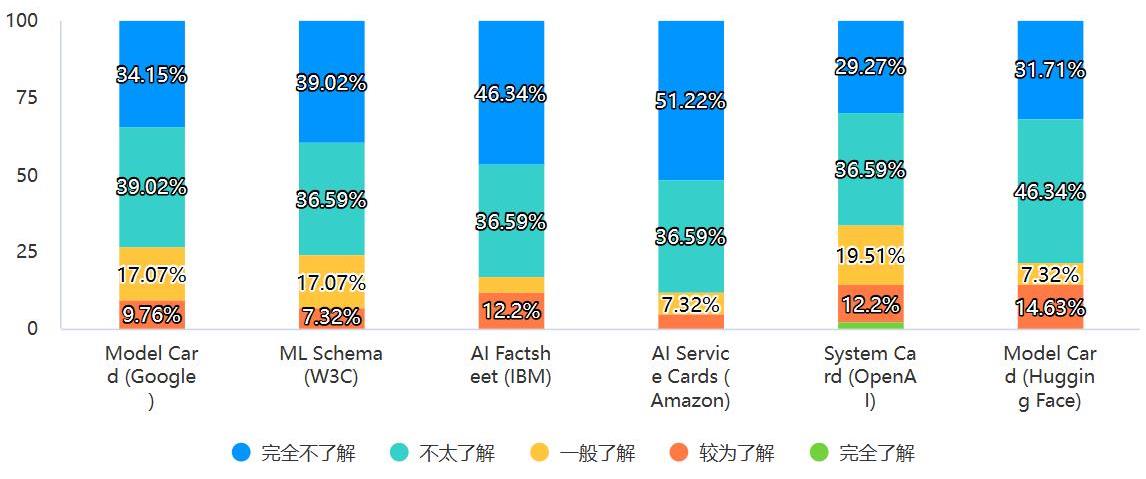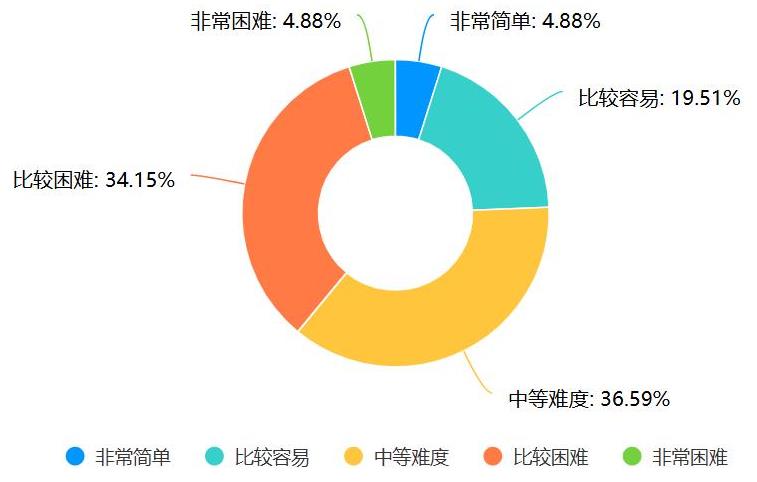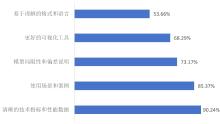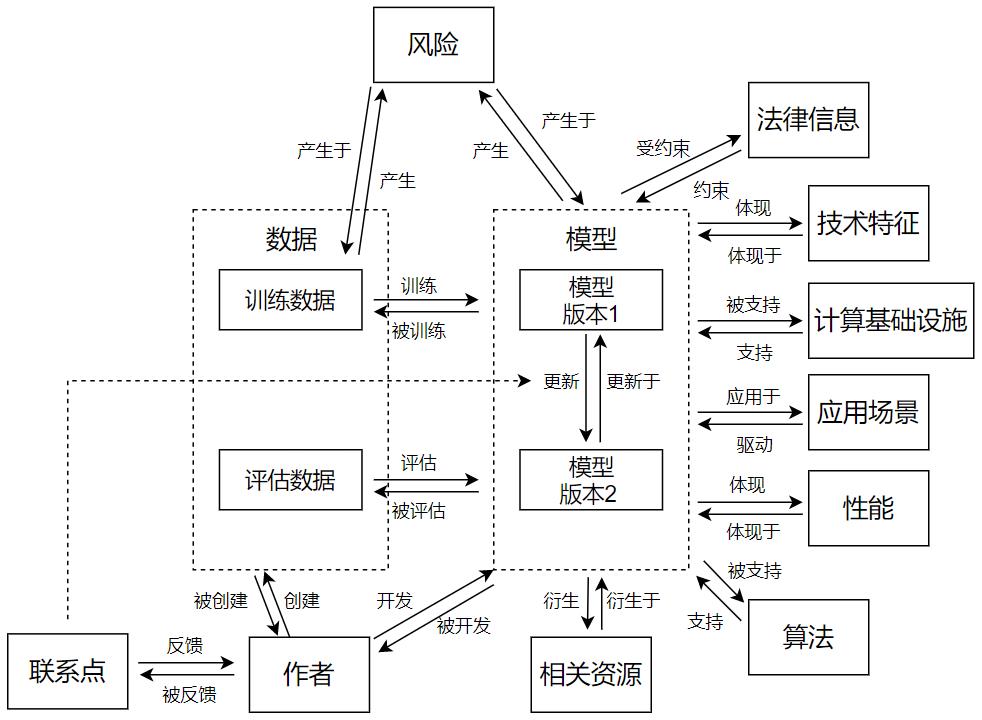| [1] |
БУСЛОВА M K, 王续琨. 模型化方法与模型的认识功能[J]. 世界科学, 1982(5): 47-51.
|
|
БУСЛОВА M K, WANG X K. Modeling methods and the cognitive functions of models[J]. World science, 1982(5): 47-51.
|
| [2] |
GAMBELLA C, GHADDAR B, NAOUM-SAWAYA J. Optimization problems for machine learning: A survey[J/OL]. arXiv: 1901.05331, 2019.
|
| [3] |
HU Z T, XING E P. Toward a "standard model" of machine learning[J/OL]. Harvard data science review, 2022, 4(4): 1-15.
|
| [4] |
HU X, CHU L Y, PEI J, et al. Model complexity of deep learning: A survey[J/OL]. arXiv: 2103.05127, 2021.
|
| [5] |
ZHAO H Y, YANG F, SHEN B, et al. Towards uncovering how large language model works: An explainability perspective[J/OL]. arXiv: 2402.10688, 2024.
|
| [6] |
ZHAO H Y, CHEN H J, YANG F, et al. Explainability for large language models: A survey[J/OL]. arXiv: 2309.01029, 2023.
|
| [7] |
DANG Y K, HUANG K C, HUO J H, et al. Explainable and interpretable multimodal large language models: A comprehensive survey[J/OL]. arXiv: 2412.02104, 2024.
|
| [8] |
QIN J, YU B. Metadata in trustworthy AI: From data quality to ML modeling[C]//International Conference on Dublin Core and Metadata Applications. Daegu: DCMI, 2024.
|
| [9] |
OpenAI. GPT-4 is OpenAI's most advanced system, producing safer and more useful responses[EB/OL]. [2025-03-02].
|
| [10] |
Google. BERT[EB/OL]. [2025-03-02].
|
| [11] |
Anthropic. Claude[EB/OL]. [2025-03-02].
|
| [12] |
Meta. Llama[EB/OL]. [2025-03-02].
|
| [13] |
百度. 文心一言(ERNIE Bot)[EB/OL]. [2025-03-02].
|
| [14] |
OPENAI, ACHIAM J, ADLER S, et al. GPT-4 technical report[J/OL]. arXiv: 2303.08774, 2023.
|
| [15] |
DEVLIN J, CHANG M W, LEE K, et al. BERT: Pre-training of deep bidirectional transformers for language understanding[J/OL]. arXiv: 1810.04805, 2018.
|
| [16] |
你们如何在模型训练中使用个人数据?[EB/OL]. [2025-01-26].
|
| [17] |
TOUVRON H, LAVRIL T, IZACARD G, et al. LLaMA: Open and efficient foundation language models[J/OL]. arXiv: 2302.13971, 2023.
|
| [18] |
ZHANG Z Y, HAN X, LIU Z Y, et al. ERNIE: Enhanced language representation with informative entities[J/OL]. arXiv: 1905.07129, 2019.
|
| [19] |
百度AI模型“文心一言”新鲜体验[EB/OL]. [2025-01-26].
|
| [20] |
OpenAI. GPT-4[EB/OL]. [2025-01-26].
|
| [21] |
BAI Y T, KADAVATH S, KUNDU S, et al. Constitutional AI: Harmlessness from AI feedback[J/OL]. arXiv: 2212.08073, 2022.
|
| [22] |
OpenAI. Privacy policy[EB/OL]. [2025-01-26].
|
| [23] |
Google. Our principles[EB/OL]. [2025-01-26].
|
| [24] |
Claude. Privacy policy[EB/OL]. [2025-01-26].
|
| [25] |
Claude. Privacy & legal[EB/OL]. [2025-01-26].
|
| [26] |
百度. 文心一言用户协议[EB/OL]. [2025-01-26].
|
| [27] |
百度. 文心一言个人信息保护规则[EB/OL]. [2025-01-26].
|
| [28] |
百度. 智能体功能服务条款[EB/OL]. [2025-01-26].
|
| [29] |
MITCHELL M, WU S, ZALDIVAR A, et al. Model cards for model reporting[J/OL].arXiv: 1810.03993, 2018.
|
| [30] |
PUBLIO G C, ESTEVES D, ŁAWRYNOWICZ A, et al. ML-Schema: Exposing the semantics of machine learning with schemas and ontologies[J/OL]. arXiv: 1807.05351, 2018.
|
| [31] |
IBM. FactSheet examples overview[EB/OL]. [2025-01-26].
|
| [32] |
Amazon. Resources that promote AI transparency[EB/OL]. [2025-01-26].
|
| [33] |
OpenAI. OpenAI o1 system card[EB/OL]. [2025-01-26].
|
| [34] |
HuggingFace. huggingface_hub[EB/OL]. [2025-01-26].
|
| [35] |
BRUCE T R, HILLMANN D I. The continuum of metadata quality: Defining, expressing, exploiting[M]. Chicago: American Library Association, 2004.
|
| [36] |
黄莺, 李建阳. 元数据质量评估方法及模型研究[J]. 图书馆学研究, 2013(12): 52-56, 51.
|
|
HUANG Y, LI J Y. The study of metadata quality assessment and its model[J]. Research on library science, 2013(12): 52-56, 51.
|
| [37] |
程颖. 数字资源元数据质量管理的研究与探索[J]. 图书馆, 2015(7): 66-69, 104.
|
|
CHENG Y. Research and practice on the metadata quality management of digital resources[J]. Library, 2015(7): 66-69, 104.
|
| [38] |
PARK J R. Metadata quality in digital repositories: A survey of the current state of the art[J]. Cataloging & classification quarterly, 2009, 47(3/4): 213-228.
|
| [39] |
OCHOA X, DUVAL E. Automatic evaluation of metadata quality in digital repositories[J]. International journal on digital libraries, 2009, 10(2): 67-91.
|
| [40] |
ALJUMAILI M, KARIM R, TRETTEN P. Metadata-based data quality assessment[J]. VINE journal of information and knowledge management systems, 2016, 46(2): 232-250.
|
| [41] |
ŠLIBAR B, OREŠKI D, BEGIČEVIĆ REĐEP N. Importance of the open data assessment: An insight into the (meta) data quality dimensions[J]. Sage open, 2021, 11(2): 21582440211023178.
|
| [42] |
STVILIA B, HINNANT C C, WU S H, et al. Research project tasks, data, and perceptions of data quality in a condensed matter physics community[J]. Journal of the association for information science and technology, 2015, 66(2): 246-263.
|
| [43] |
管珍珍. 信息生命周期视角下智慧情报赋能医药企业核心竞争力研究[D]. 哈尔滨: 黑龙江大学, 2024.
|
|
GUAN Z Z. Research on the core competitiveness of pharmaceutical enterprises enabled by intelligent intelligence from the perspective of information lifecycle[D]. Harbin: Helongjiang University, 2024.
|
| [44] |
尹文武. 信息生命周期理论下的移动图书馆信息服务质量控制[J]. 图书馆理论与实践, 2017(4): 91-93.
|
|
YIN W W. Quality control of mobile library information service based on information life cycle theory[J]. Library theory and practice, 2017(4): 91-93.
|
| [45] |
YANG W L, FU R, AMIN M B, et al. The impact of modern AI in metadata management[J]. Human-centric intelligent systems, 2025, 5(3): 323-350.
|
| [46] |
RHEE H L. A new lifecycle model enabling optimal digital curation[J]. Journal of librarianship and information science, 2024, 56(1): 241-266.
|
| [47] |
KOWALCZYK S T. Modelling the research data lifecycle[J]. International journal of digital curation, 2017, 12(2): 331-361.
|
| [48] |
郭海玲, 刘仲山. GDPR对我国跨境数字贸易企业个人数据保护研究: 基于数据生命周期理论[J]. 情报杂志, 2023, 42(10): 194-201.
|
|
GUO H L, LIU Z S. The enlightenment of GDPR on personal data protection of Chinese cross-border digital trade enterprises: Based on data life cycle theory[J]. Journal of intelligence, 2023, 42(10): 194-201.
|
| [49] |
马静. 数据生命周期视角下高校科学数据共享研究[D]. 哈尔滨: 黑龙江大学, 2024.
|
|
MA J. Research on scientific data sharing in universities under the perspective of data lifecycle[D]. Harbin: Helongjiang University, 2024.
|
| [50] |
FAIR digital object framework documentation[EB/OL]. [2025-01-26].
|
| [51] |
AI智能大模型: 未来发展趋势人工智能AI大模型智能AI发展开发设计[EB/OL]. [2025-01-26].
|


